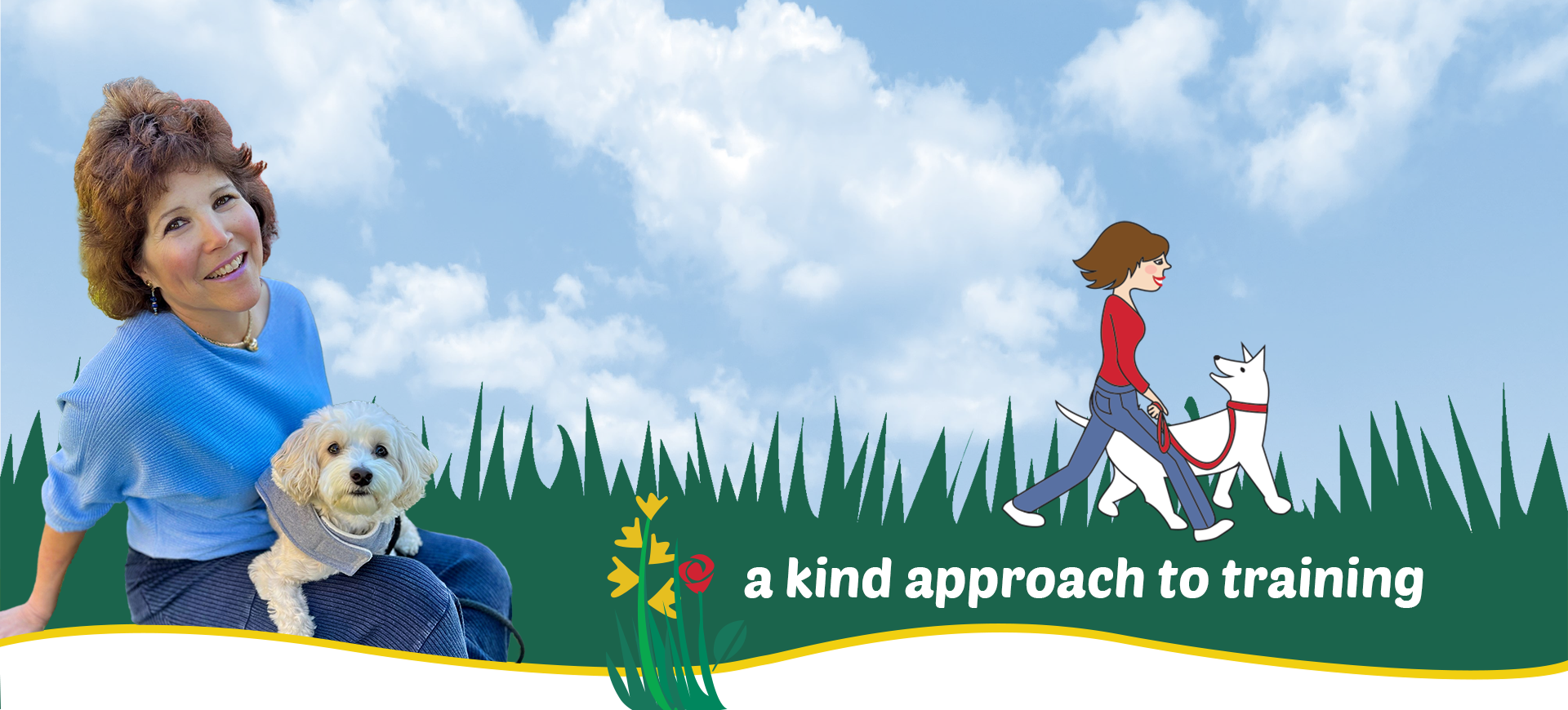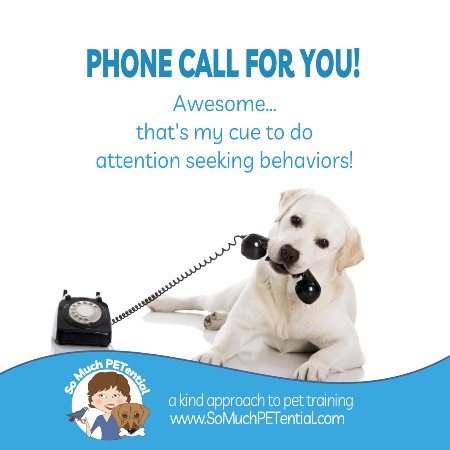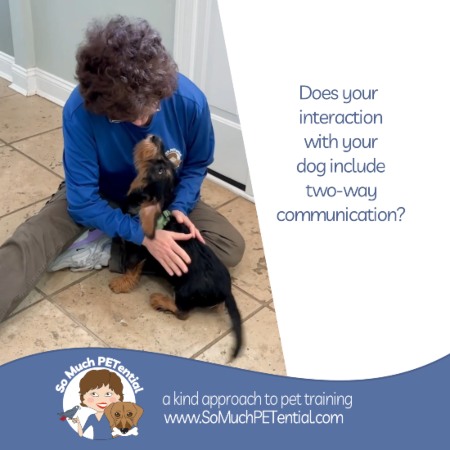This B.F. Skinner quote on behavior is an important reminder about the fallback of punishment when it comes to teaching and changing behavior: “A person who has been punished is not thereby simply less inclined to behave in a given way; at best, he learns how to avoid punishment.”
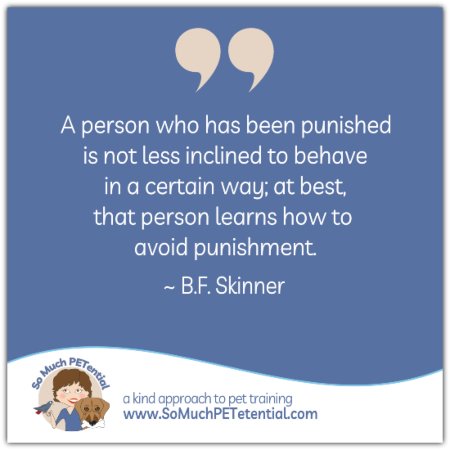
Such an important and valuable quote from B.F. Skinner, as it relates to dogs and ALL species.
Keep in mind that punishers are aversive. The intention of using punishment is to stop a behavior from happening either by REMOVING something the learner values or by ADDING something the learner DOES NOT like.
Negative reinforcement, by the way, also is an aversive way to teach. It means that you are GETTING a behavior to occur MORE by teaching the learner how to AVOID something negative. We attach seatbelts to avoid that very annoying buzzing sound. We keep our distance from certain people to AVOID the possibility of those people doing certain things that you find annoying.
When you try to change behavior by using aversive consequences, you are NOT fostering a love of learning. And actually those aversives can come to be associated with you if you are the one delivering them, at least in the particular situation when the unwanted behavior occurs.
If you shock, yell at your dog or jerk your dog’s leash, for examples, when your dog feels the need to do distance increasing behaviors (like low growl, deep bark, stiffened muscles, or worse) around a child or another dog, your dog may learn to associate the sight or proximity of a child or dog is even more bad news.
Punishment also does not teach learners what you would rather them do instead. It does not change a negative feeling about something into a positive feeling. It can cause an animal to shut down, to show avoidance behaviors, to give up, to escalate into more aggressive behaviors.
This is why I always try to use the most positive strategies for changing behaviors, focusing on structuring the environment to help that learner succeed, helping that learner get needs met, and teaching important skills in the most positive way.
If you find yourself needing to use punishment or negative reinforcement a lot, I’d like to encourage and challenge you to ask yourself, “What can I DO differently to HELP my pet be successful?”

